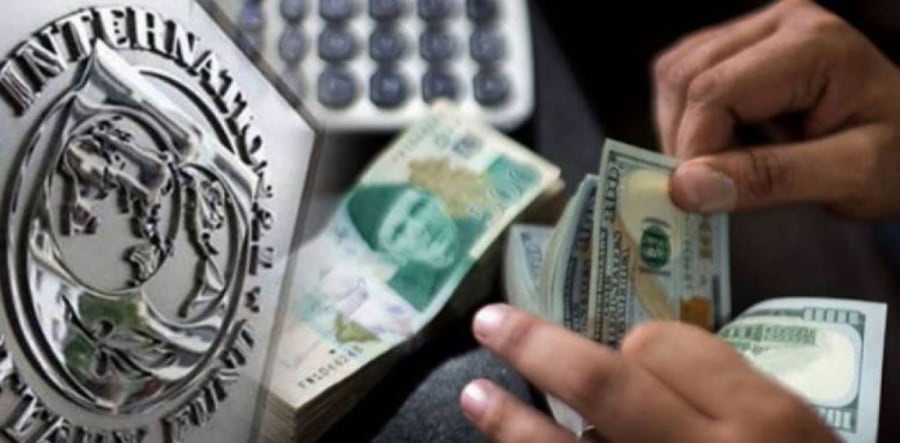ISLAMABAD – International Monetary Fund (IMF) on Wednesday approved much-needed $7 billion bailout package for Pakistan, with first tranche of the funds slated to be released on September 30.
The Asian nation secured 37-month loan agreement with the IMF, following confirmation of $12 billion in bilateral loans from Saudi Arabia, China, and the UAE. Pakistan owes $5 billion to Saudi Arabia, $4 billion to China, and $3 billion to the UAE.
Pakistan got $2 billion in external financing through Saudi oil facilities, a $400 million ITFC facility from the IsDB, and support from Standard Chartered Bank and other Middle Eastern banks for the IMF funding.
The country of over 242 million has long depended on IMF programs, often facing sovereign default and seeking assistance from the UAE and Saudi Arabia to meet financial targets.
The exact terms of bailout package will be revealed soon, with experts linking the development with more positive outcomes at economic level. Islamabad struggled to negotiate such favorable terms and expressed hope that this program could mark Pakistan’s last engagement with the IMF, contingent upon the implementation of crucial structural reforms.
The bailout follows staff-level agreement reached in July for an extended fund facility (EFF) of approximately $7 billion. The economy of fifth most populated country is currently grappling with several issues including inflation and 2022 flooding. Facing dwindling foreign currency reserves, the country found itself in a debt crisis and sought assistance from the IMF, securing its first emergency loan in the summer last year.
The latest bailout package requires government to commit to implementing reforms, particularly aimed at broadening the tax base. If the government meets its commitments, the funds will be disbursed over the next three years.
IMF stated that the new program is designed to enhance macroeconomic stability and foster inclusive growth, with key reforms focusing on strengthening fiscal and monetary policies, improving the management of state-owned enterprises, and expanding social protection through welfare programs.










